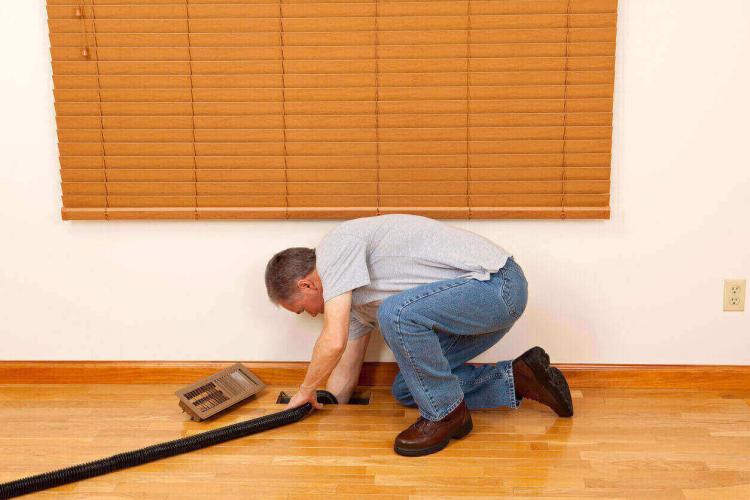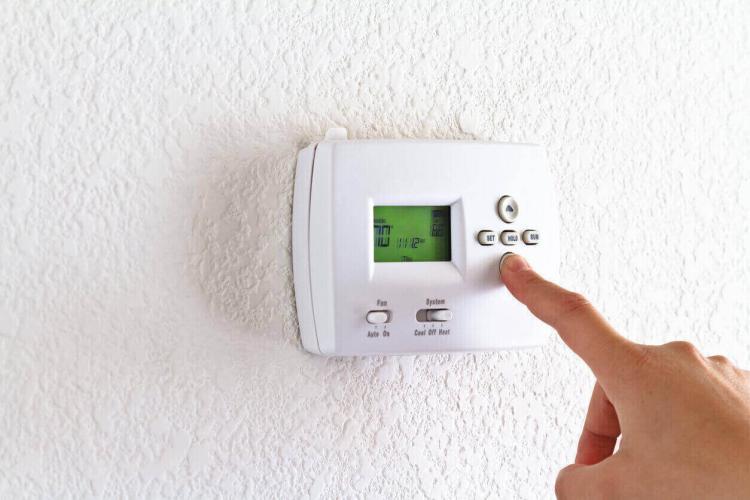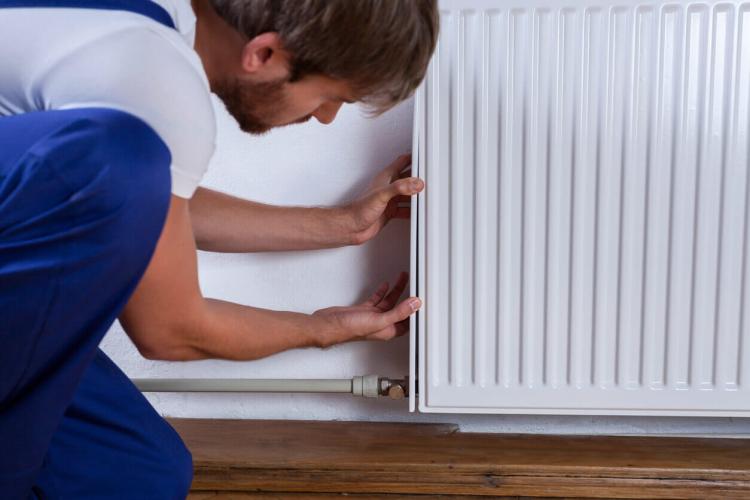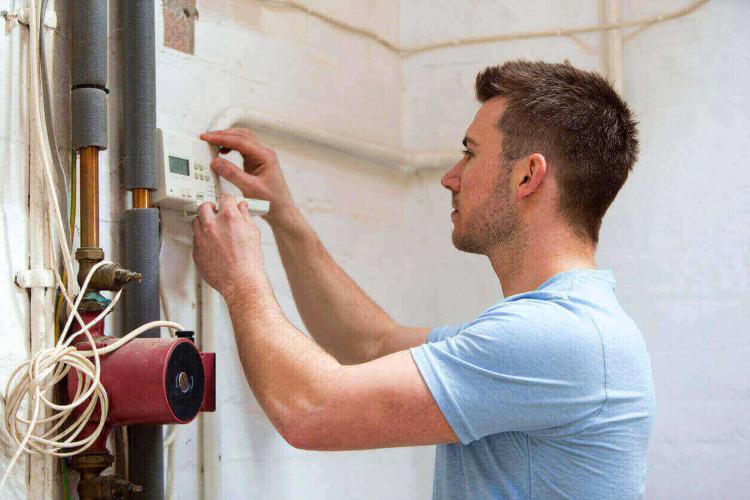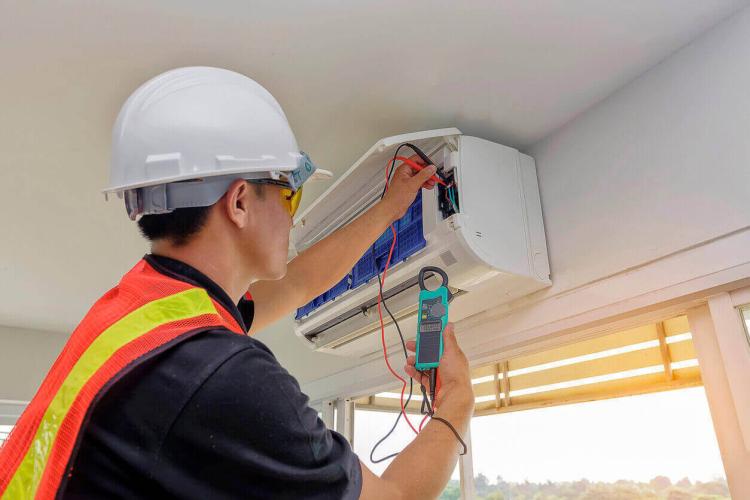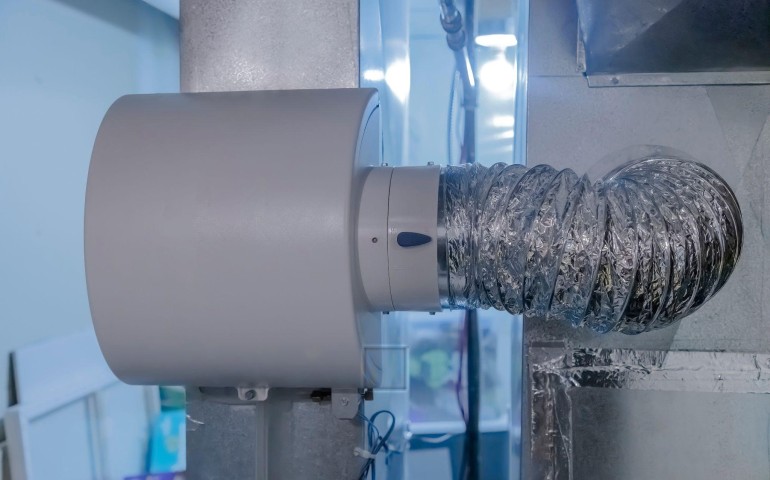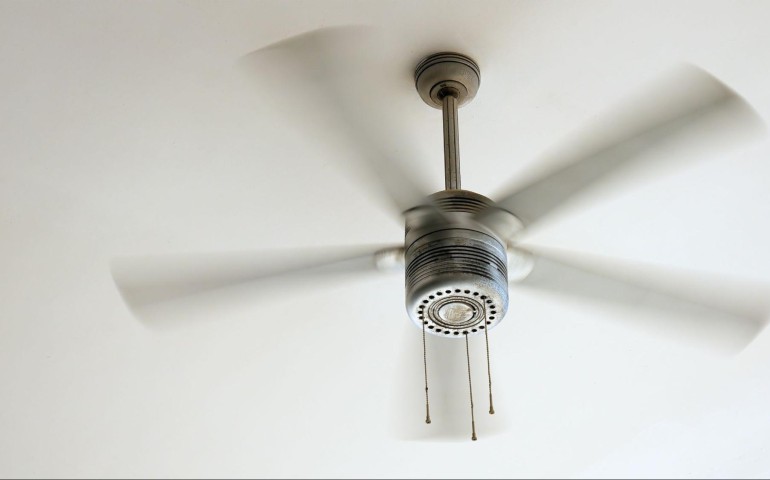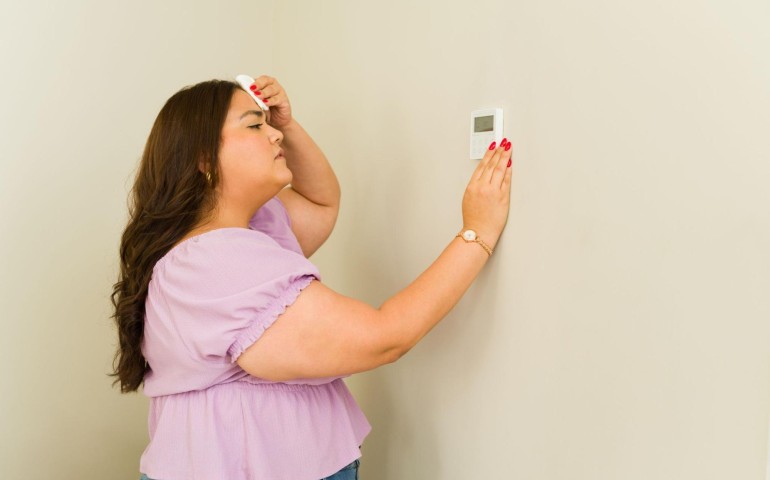Ducts are the passageways for air to enter into your home. As a responsible homeowner, we cannot ignore these air ducts. If we do, we ignore the presence of toxic particles in the air and allow them to circulate in our home.
Safe and Healthy Environment
Our loved ones expect to be safe inside the walls of our house, but dirty air ducts might do the exact opposite. Dirty vents might send harmful airborne contaminants inside.
People who have asthma or respiratory illnesses will not fair so well. Toxins and particles trapped in the air vents and end up inside the home can cause them to become even more sick.
Even if everyone in your family is healthy, poor air quality will worsen a person’s well-being.
Longer Lasting Hardware
The different parts of your heating and cooling system may not be living and breathing. That does not mean they don’t need a clean environment. Dust build-up on equipment can cause inefficiency, ineffectiveness, and damage. In every 10 system performance mishaps, dirt causes up to 9 of these.
Particles on the surfaces of air ducts, somehow, do find their way to the equipment of your HVAC system.
Business hours
We offer 24 hour emergency service! Please call (847) 792-1019.

